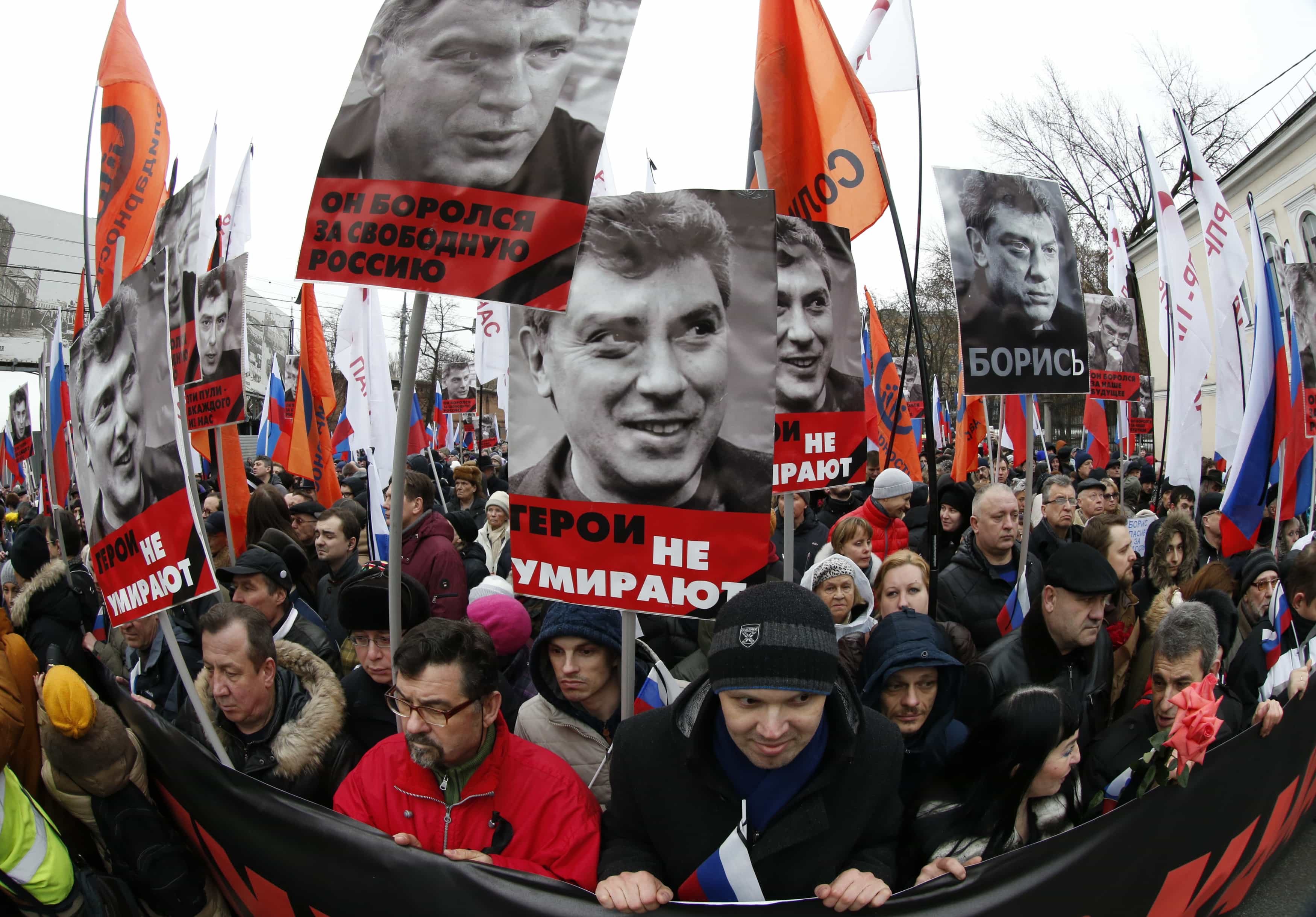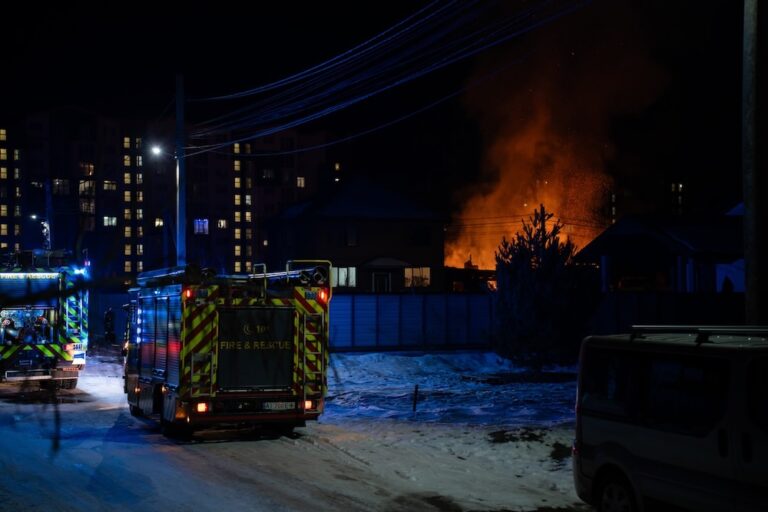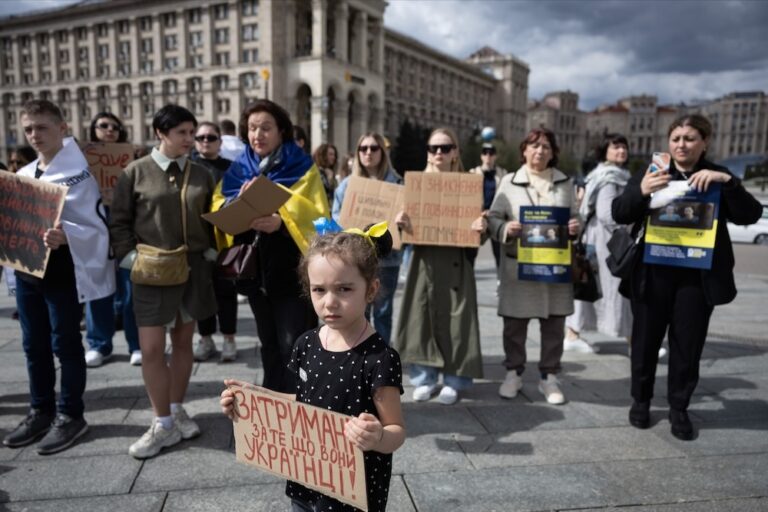A thorough and impartial investigation is needed, but early signs aren't encouraging.
This statement was originally published on hrw.org on 28 February 2015.
By Tanya Cooper
Russia has become the kind of place where a top opposition leader can be murdered just steps away from the president’s office.
Former deputy prime minister and prominent opposition leader Boris Nemtsov was walking with a woman over a bridge near the Kremlin when a car stopped next to them, and a man inside shot Nemtsov at least four times, killing him.
Nemtsov was one of the few public opposition voices in Russia and spoke out strongly and repeatedly against government corruption. In 2013 he published a scathing report on corruption in the preparations for the Winter Olympic Games in Sochi and reportedly planned to publish information on Russia’s involvement in the war in Ukraine, which the government steadfastly denies.
For years, and especially after Vladimir Putin’s return as the president of Russia in 2012, state media and public officials have vilified political opposition and civil society as the “fifth column”, “public enemies” and even traitors. Pro-government and nationalist groups embraced this rhetoric and routinely and publically harassed Kremlin’s critics, including Nemtsov, casting them as enemies to Russia paid to destabilize the country by their Western masters. A country in which people are told to hate one another for difference of opinions is a dangerous country to live in.
An investigation has been opened into Nemtsov’s killing and it should be thorough and impartial, but the early signs are not encouraging. Dmitry Peskov, president Putin’s spokesman, said that the killing bore the marks of a provocation aimed at destabilizing Russia – a cynical attempt to frame the murder as an action against the state, against Putin. It is disturbing and inappropriate that the spokesman for the head of state would say something so quickly and so openly that could prejudice the investigation.
Russian law enforcement authorities don’t have a good track record investigating killings of Kremlin’s critics, such as Anna Politkovskaya, the outspoken journalist killed in 2006 in Moscow, and Natalia Estemirova, the human rights activist abducted in Chechnya and shot in 2009. A prompt, effective and impartial investigation into Boris Nemtsov’s killing is an opportunity that the Russian authorities should use to show that no loss of life is meaningless to the government.



